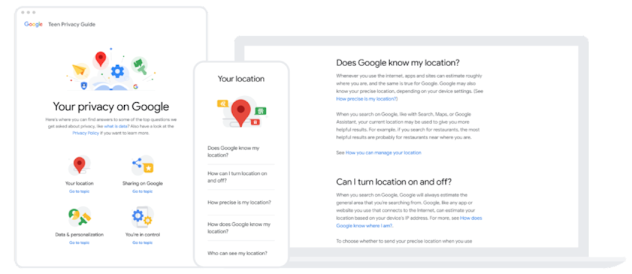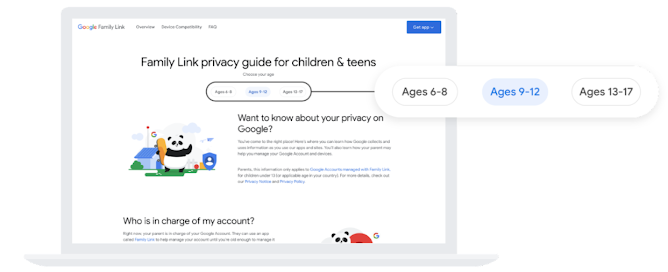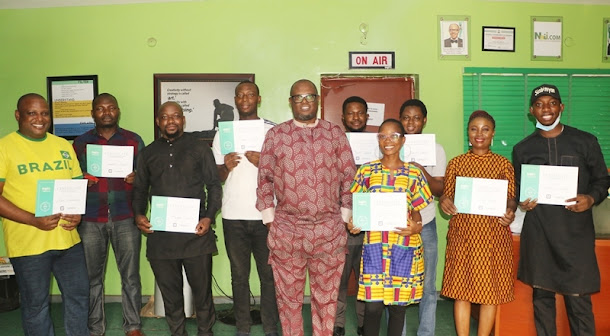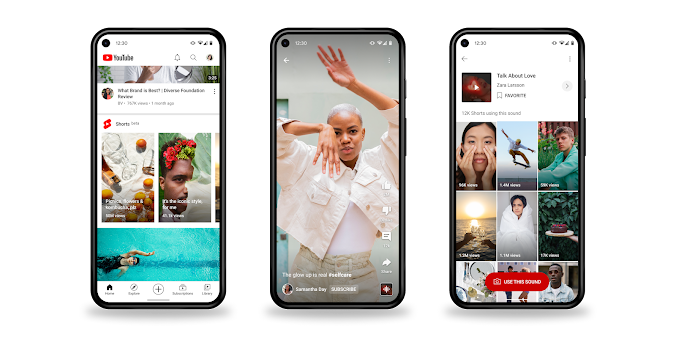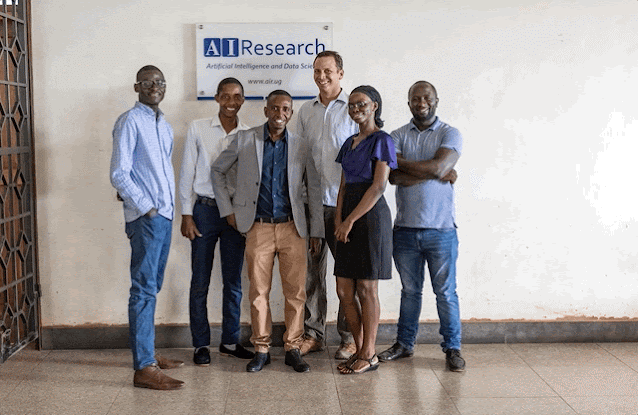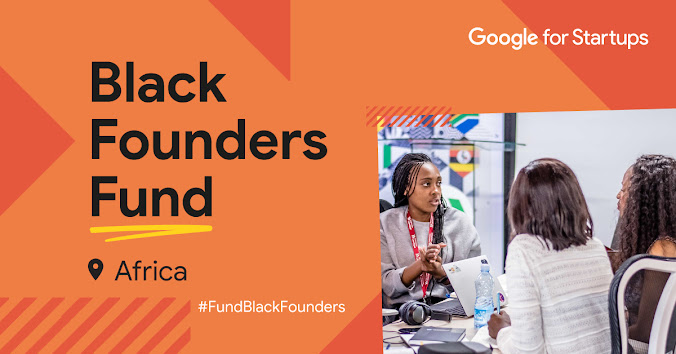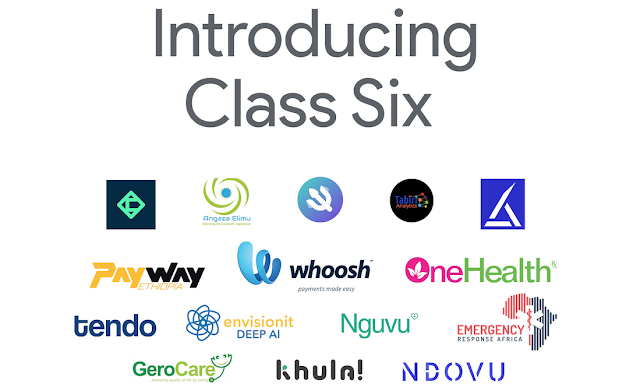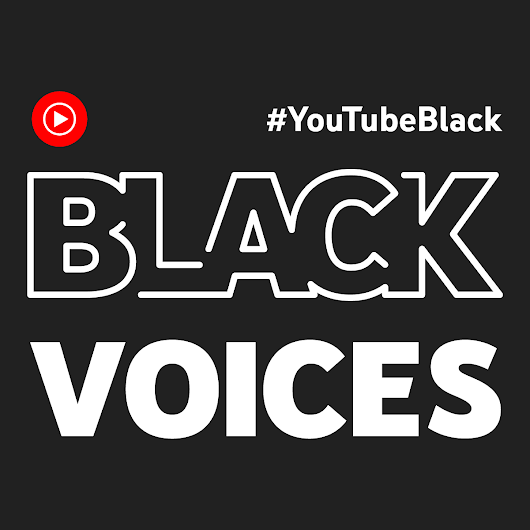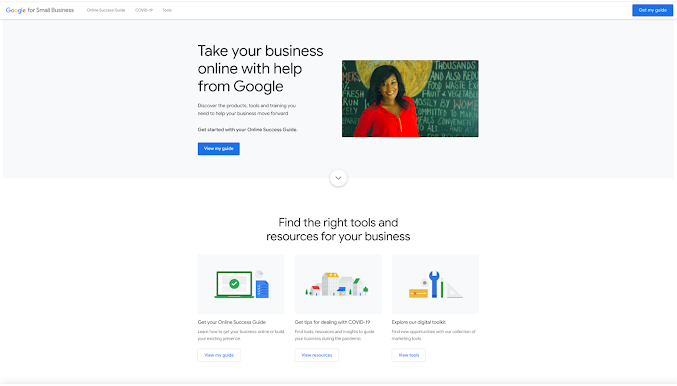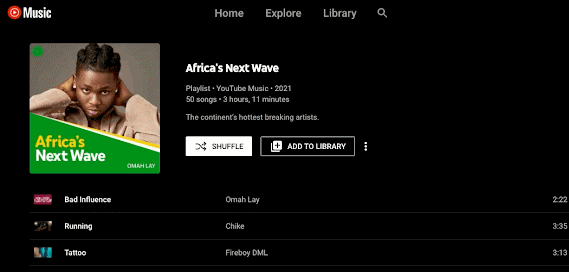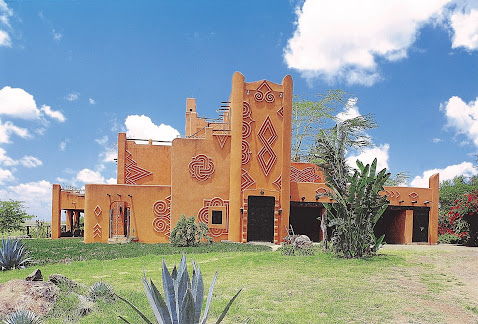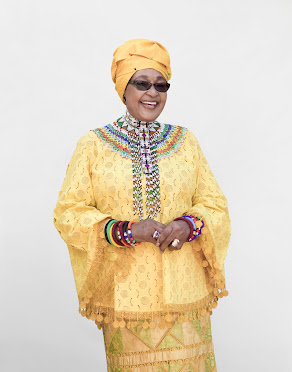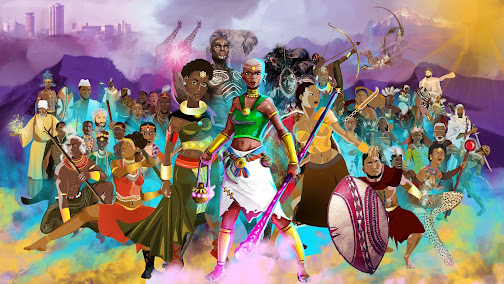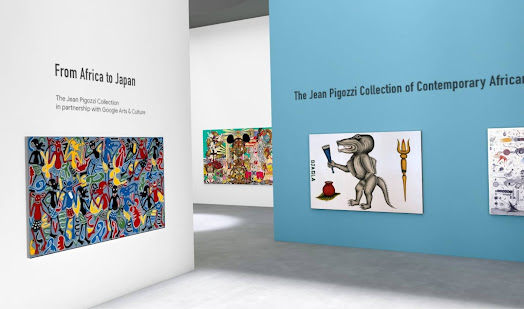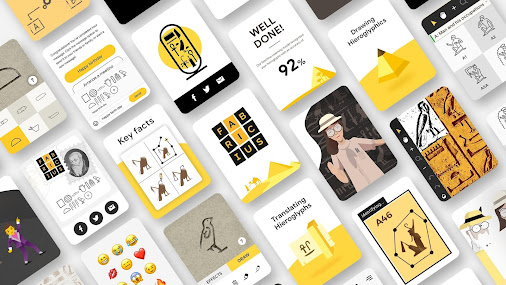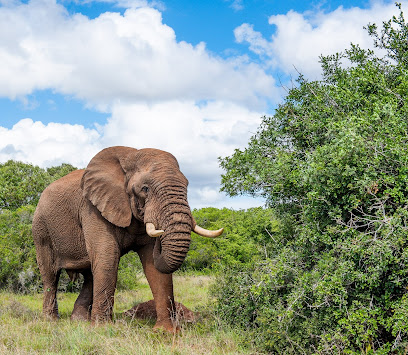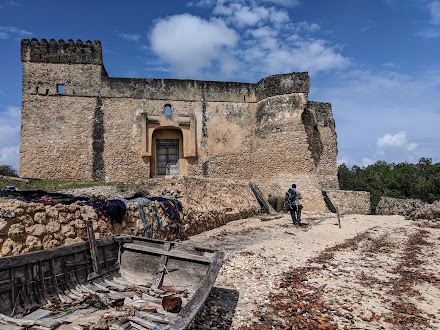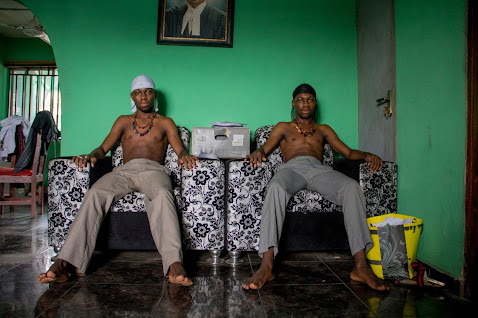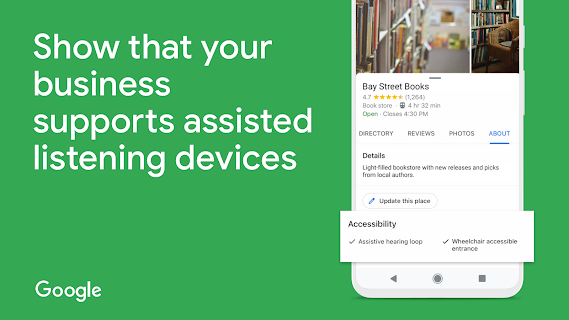Younger people use YouTube every day to discover new interests, learn about the world, and connect with the world through online video. But it's essential that as they do, they have the options and safeguards to create the experience that's right for them.
Over the years, we’ve made investments to protect kids and families, such as launching a dedicated kids app, introducing new data practices for children’s content, providing more age-appropriate experiences, and giving families more choice with supervised accounts. Today, we're announcing additional protections for people under 18 on YouTube and YouTube Kids.
In the coming weeks, we’ll gradually start adjusting the default upload setting to the most private option available for users ages 13-17 on YouTube. With private uploads, content can only be seen by the user and whomever they choose. We want to help younger users make informed decisions about their online footprint and digital privacy, including encouraging them to make an intentional choice if they’d like to make their content public. If the user would like to make their content public, they can change the default upload visibility setting and we’ll provide reminders indicating who can see their video.
Making digital wellbeing features more prominent
We want to give younger users the tools they need to understand their use of technology. In addition to our suite of digital well-being tools, we’ll be turning take a break and bedtime reminders on by default for all users ages 13-17 on YouTube. We’ll also be turning autoplay off by default for these users. If a user decides these aren’t the right digital well-being features for them, they can change their default settings.
We’ll also be adding an autoplay option on YouTube Kids and turning autoplay off by default in the app. Whether you’re driving on a roadtrip with your kids or listening to nursery rhymes together while cooking dinner, we want to empower parents to be able to choose an autoplay setting that’s right for their family. In the coming months, we’ll also be launching additional parental controls in the YouTube Kids app, including the ability for a parent to choose a “locked” default autoplay setting.
Providing safeguards and education about commercial content
We’re also making changes to how we treat commercial content for kids and families. We've never allowed paid product placements in YouTube Kids, our destination for younger kids. In the coming weeks, we’ll also begin to remove overly commercial content from YouTube Kids, such as a video that only focuses on product packaging or directly encourages children to spend money.
We’re introducing these new safety and digital wellbeing options as part of our ongoing efforts to create age-appropriate experiences for young people on YouTube and YouTube Kids. With young people watching online videos to broaden their horizons and expand their learning experiences, we're invested in being the best version of YouTube and YouTube Kids we can be. Young people are our future, and we want to empower them the best we can.
